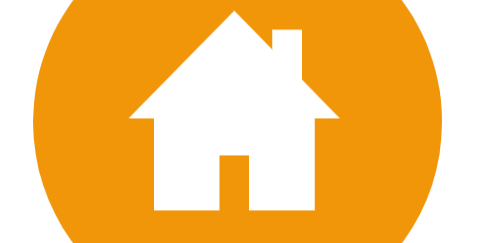Don’t let broken links ruin your website’s success. In the digital landscape, where every click matters, the presence of broken links can be catastrophic. Imagine a beautifully designed website, ready to impress visitors, only to be marred by the frustration of encountering dead-end links. It’s like planning a grand fireworks display only to have it fizzle out before the first spark. To prevent this digital explosion, it’s crucial to understand the impact of broken links on your website’s user experience and SEO performance.
The Importance of Functional Links
Functional links are the backbone of a successful website, acting as the virtual pathways that guide users through the digital landscape. Just like a well-maintained road system facilitates smooth transportation, functional links provide seamless navigation for visitors, enhancing their browsing experience. Imagine a website without proper links as a maze with dead ends, frustrating users and deterring them from exploring further.
When links are functional, they serve as bridges connecting different parts of your website, allowing users to easily access valuable content, products, or services. These links not only facilitate user engagement but also play a significant role in boosting your website’s visibility on search engine results pages. Search engines like Google rely on links to crawl and index web pages, determining the relevance and authority of your site in relation to specific search queries.

To ensure the effectiveness of your website, it is essential to maintain functional links that lead visitors to the desired destination without obstacles. A single broken link can disrupt the entire user journey, leading to frustration and potentially driving users away from your site. In the vast expanse of the internet, where competition is fierce and attention spans are short, every click matters, and every broken link represents a missed opportunity to engage with your audience.
Common Causes of Broken Links
When it comes to the common causes of broken links on websites, there are several factors that can contribute to this issue. Let’s delve into the main reasons behind broken links and how they can impact your website’s user experience and SEO performance.
- Changes in URLs: One of the primary reasons for broken links is when URLs are modified without implementing proper redirects. This can occur during website restructuring or content updates, leading to broken links that disrupt the user’s browsing experience.
- Deleted Pages: Removing web pages without setting up redirects can result in broken links across your site. Visitors clicking on these links will encounter error messages, negatively impacting their perception of your website.
- Improper Site Maintenance: Neglecting regular site maintenance, such as updating internal links after content changes or failing to fix broken redirects promptly, can contribute to the prevalence of broken links on your website.

Hi I am so happy I found your site, I really found you by error, while I was looking on…
First off I would like to say fantastic blog! I had a quick question that I'd like to ask if…
I do not know whether it's just me or if perhaps everyone else experiencing issues with your website. It appears…
What's up mates, how is all, and what you desire to say on the topic of this piece of writing,…
I feel this is among the such a lot vital information for me. And i'm satisfied studying your article. However…